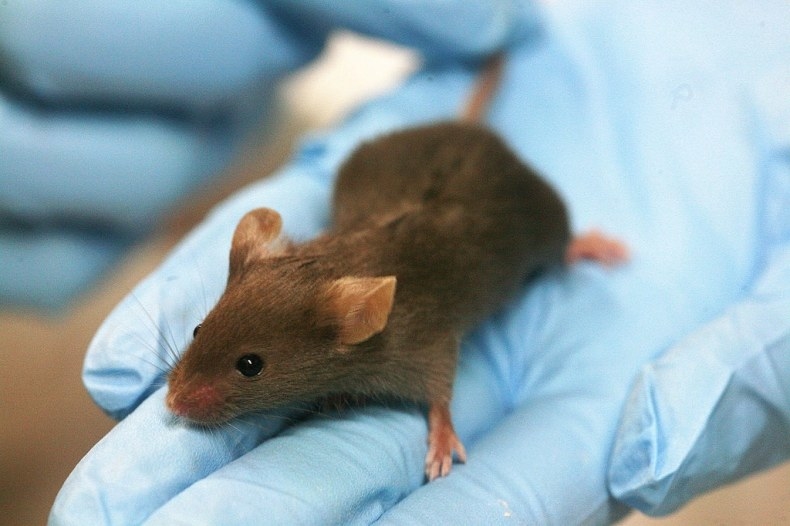Animal testing is a highly controversial subject and has already been banned in many highly developed countries. But for some reason, it is still legal in the United States.
I must admit, I'm a beauty junkie. I've clocked endless hours watching beauty YouTube videos and racked up a shameful amount of rewards points at Sephora. With my obsession growing, I never bothered to investigate cruelty free products. It seemed too overwhelming to even bother delving into.
But my position changed while exploring my personal mecca, LUSH.

This sparked my interest. I started to wonder, how different could the US and Europe really be concerning animal testing?
Turns out: very.
Europe has been leading the way in banning animal testing for years. The European cosmetics industry is worth more than $80.4 billion, representing nearly half the global market.
The first major development began in 2004, when the European Union banned animal testing on cosmetic products. At this time, 8,988 animals were used for animal testing in Europe. By 2008, 1,510 animals were used for animal testing. Then another huge development in 2009, when the EU banned animal testing on cosmetic ingredients. The number of animals used for testing was reduced to 344.
But the biggest development came in 2013, when the EU banned the practice of testing ingredients outside of Europe and then selling them within the Union, according to the European Commission.

The US has never outlawed animal testing, but it is not necessarily required.
Currently, animal testing isn't required in the US unless the product is considered an over the counter drug such as sunscreen, anti-dandruff shampoo or antiperspirants. There are thousands of ingredients that have been tested on animals in the past and have been labeled safe to use for some time. This is how certain companies can label their product as cruelty free, avoiding animal testing themselves, according to The Humane Society .
So why test on animals? Certain companies simply feel it is the easiest way to test if their products or new ingredients are safe. Another reason may be for a wider global market.

There is legislation in the works to potentially make significant strides for the ban on animal testing.
The Humane Cosmetics Act was introduced to the House of Representatives in June 2015. The bill would outlaw cosmetic animal testing one year after being passed and outlaw the sale of animal tested products three years after being passed. The bill was introduced by Rep. Donald Beyer (D-VA), Rep. Joseph Heck (R-NV) and Rep. Tony Cardenas (D-CA).
